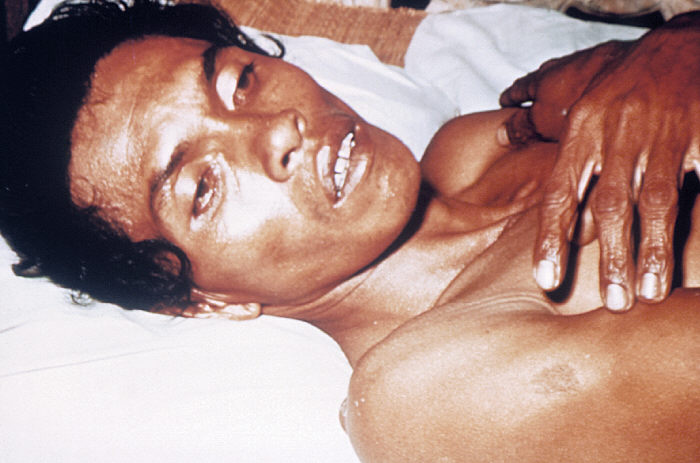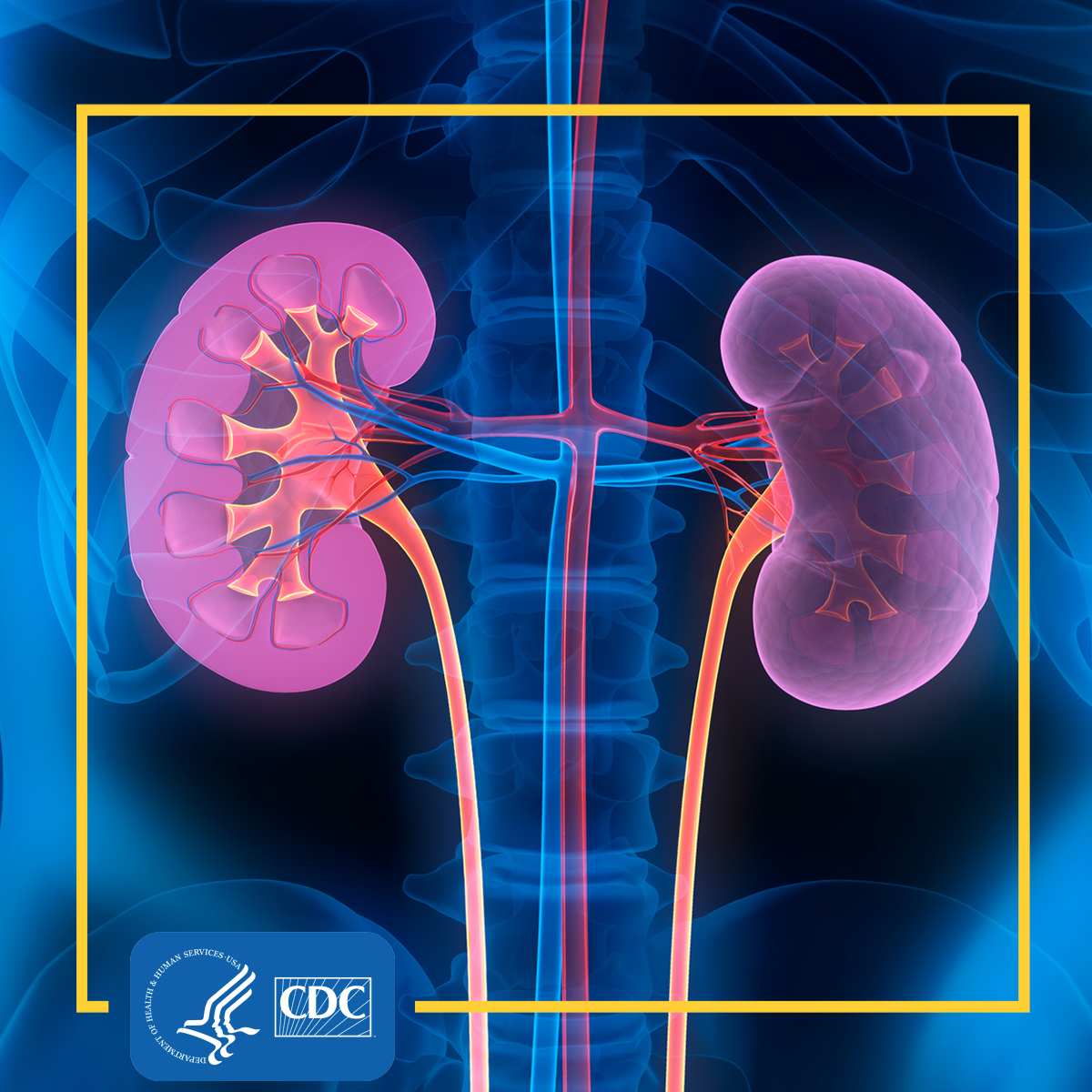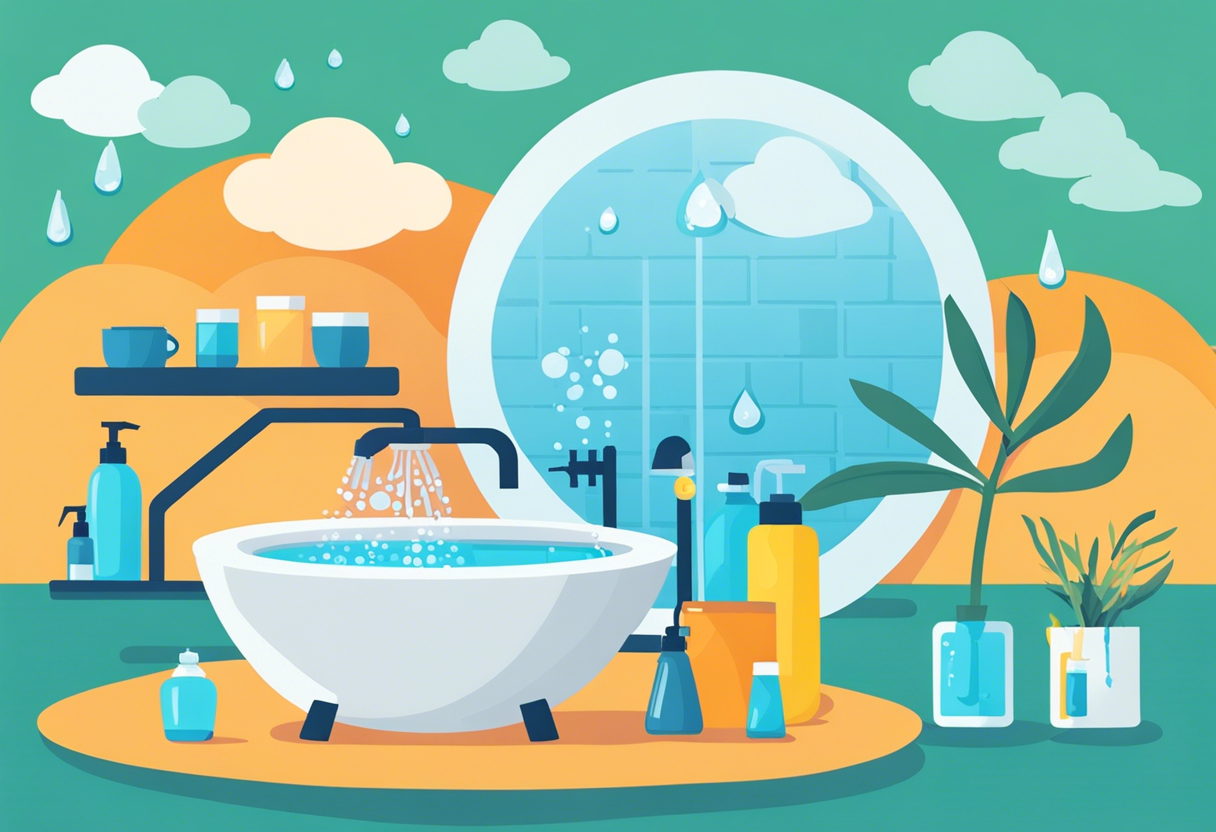Quench Your Curiosity: The Silent Perils of Dehydration and 16 Ways to Defeat Them
Dehydration is a silent menace that can creep up on us when we least expect it. It's not just about feeling thirsty; it's a systemic issue that can affect our overall health and wellbeing. In this introduction, we'll explore what dehydration is, why it's a problem, and how it can manifest in our bodies. We'll also touch on the importance of staying hydrated and the risks of not doing so.
Dehydration occurs when our bodies lose more fluids than they take in. This can be due to a variety of factors, such as excessive sweating, illness, or simply not drinking enough water. When we're dehydrated, our bodies can't function properly, leading to a range of symptoms, from mild discomfort to serious health complications.
The Silent Perils of Dehydration

In this section, we delve into the silent perils of dehydration. From headaches to kidney problems, dehydration can have serious consequences. We'll explore these risks in detail, shedding light on why it's so crucial to keep our bodies adequately hydrated.
One of the most common symptoms of dehydration is a headache. This happens because our brains are made up of about 75% water. When we're dehydrated, our brains can shrink due to the lack of fluid, causing a headache. But headaches are just the tip of the iceberg.
Dehydration and Mental Health

Dehydration can also affect our mental health. This section will delve into the link between hydration and mental well-being, exploring how dehydration can lead to mood swings, fatigue, and even depression.
When we're dehydrated, our bodies produce more cortisol, a stress hormone. This can lead to feelings of anxiety and stress. Furthermore, dehydration can affect our ability to concentrate and our overall cognitive function.
Dehydration and Physical Performance

Our physical performance can also take a hit when we're dehydrated. This section will explore how dehydration can affect everything from our energy levels to our athletic performance.
When we're dehydrated, our blood volume decreases. This means our hearts have to work harder to pump blood, leading to fatigue and reduced endurance. In severe cases, dehydration can even lead to heatstroke.
The Role of Hydration in Digestion

Hydration plays a crucial role in digestion. In this section, we'll explore how dehydration can lead to digestive problems, including constipation and acid reflux.
Without enough water, our bodies can't properly break down food or absorb nutrients. This can lead to a range of digestive issues, from bloating and gas to more serious conditions like ulcers.
Dehydration and Skin Health

Our skin is our body's largest organ, and it needs water to function properly. This section will delve into how dehydration can affect our skin health, leading to dryness, premature aging, and other skin problems.
When we're dehydrated, our skin can become dry and flaky. Over time, this can lead to wrinkles and other signs of aging. Moreover, without enough water, our bodies can't properly flush out toxins, which can lead to acne and other skin issues.
The Importance of Hydration for Kidney Health

Our kidneys are responsible for filtering waste from our bodies, and they need water to do this effectively. In this section, we'll explore how dehydration can lead to kidney problems, including kidney stones and kidney disease.
Without enough water, our kidneys can't properly filter out waste. This can lead to a buildup of toxins in our bodies, increasing the risk of kidney stones and other kidney problems.
Many fruits and vegetables are high in water content, making them a great option for staying hydrated. Some examples include cucumbers, watermelon, strawberries, and oranges.
Other Hydration Strategies

There are other strategies you can use to stay hydrated, beyond just drinking water and eating hydrating foods. In this section, we'll provide tips on other ways to stay hydrated, from drinking herbal tea to using a humidifier.
Some other hydration strategies include drinking herbal tea, using a humidifier, taking a bath, and using moisturizing skin products.
Staying hydrated is crucial for our overall health and wellbeing. From our mental health to our physical performance, hydration affects nearly every aspect of our lives. By recognizing the signs of dehydration and employing strategies to stay hydrated, we can protect our health and feel our best every day.
